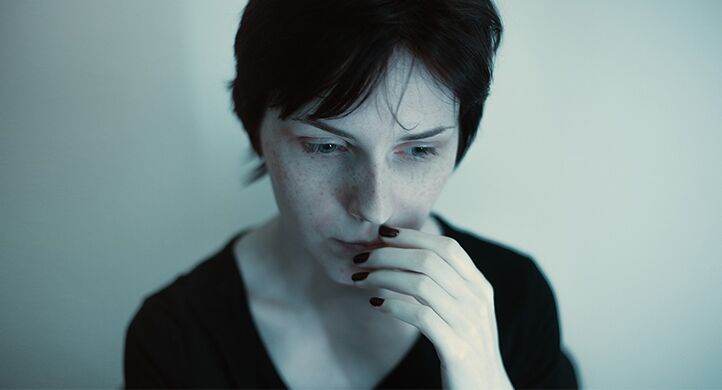Table of Content
Irrespective of age, gender or situation anyone can experience a panic attack. A panic attack is a type of mental health condition that comes under the umbrella term - anxiety disorder.
It is characterized by intense fear that triggers physical reactions when there is no real harm or danger. From the person point of view, it might be a frightening experience. They may feel like losing control over the body, having cardiac arrest or sometimes they feel impending death or doom.
This discomfort feeling intrudes when the individual is triggered by his/ her source of fear. Automatically, it fades away when the stressful situation ends. How to know if you’re dealing with a panic attack? Check the below- mentioned signs.
Symptoms Of Panic Attack
It can strike at any time without any warning or clue; when roaming around the garden, driving or sitting alone in the room. It peaks within 10 minutes to more than an hour. During the attack, the person may experience a few typical symptoms that may include.
- High heart pounding
- Hot flashes
- Chest pain
- Trembling or shaking
- Difficulty catching breath
- Nausea
- Abdominal cramping
- Dizziness
- Numbness
- Excessive sweating.
Possible Causes of a Panic attack
Though, the exact cause of a panic attack is not yet found, however researchers claim a few factors which may be a reason for a person experiencing the attack.
Genetics
The condition has higher chances of running through families. A research conducted by the Journal of Anxiety Disorders suggests that the attributes of anxiety disorder coincide with a panic attack when the individual is at the age of 8. The risk is greater for the first-degree relatives such as twins, parents and siblings.
Environmental stress
A stressful environment is a great trigger for a panic attack. Frequent exposure to such triggers makes the individual’s well being more vulnerable. Some of the environmental events that may cause panic attacks are traumatic events, low-social status, lack of social support system, relationship issues, death of loved one, work stress and poor health issues.
Substance abuse
When a person is engaged with substances, he/ she has a higher chance of experiencing a panic disorder. The substance may include medication overdose/ withdrawal, alcohol/ drug/ tobacco or excessive caffeine intake. It imbalances the brain chemicals which causes the body to undergo the fight/ flight mode.
How to deal with a panic attack?
Educate yourself
Getting to know more about the disorder helps to anticipate the triggers and understand the effects of the symptoms. Furthermore, it helps the brain to build a psychological firewall against the disorder.
Practice relaxing techniques
Learn and practice relaxing techniques such as yoga, mindfulness practices and breathing techniques. Yoga allows the body muscles to relax during the crisis. Mindfulness helps the individual to fully focus on thoughts. Breathing techniques help in maintaining enough oxygen supply to the body under critical situations.
Coping cards
Sounds silly but during the crisis, it works effectively. Write down at least three emergency numbers to contact. Having some inspirational quotes for instance -“this shall pass too!”, “don’t run sit and relax” or “everything is going to be alright!” keeps the reality thoughts alive.
Face your fears
Know what’s causing fear. Because facing the source of fear is an effective approach to recover from a panic attack. Step out the places, situations and activities that have been avoided. Gradually approaching the triggers reduces the unpleasant sensations caused by panic disorder.
Reach out to a Professional
One of the other best and effective ways to deal with panic disorder is building a strong support system. Join the social community groups, volunteer social activities, share thoughts to a trustworthy person or opt for professional help.
If you know someone dealing with panic disorder, we can help you with it. Call us at +91 9741476476 or email us info@cadabamshospitals.com
How Cadabam's Help you for Addiction?
- 410+ Professional Consultants
- 1,00,00+ Happy Faces
- 120+ Currently Seeking Treatments






